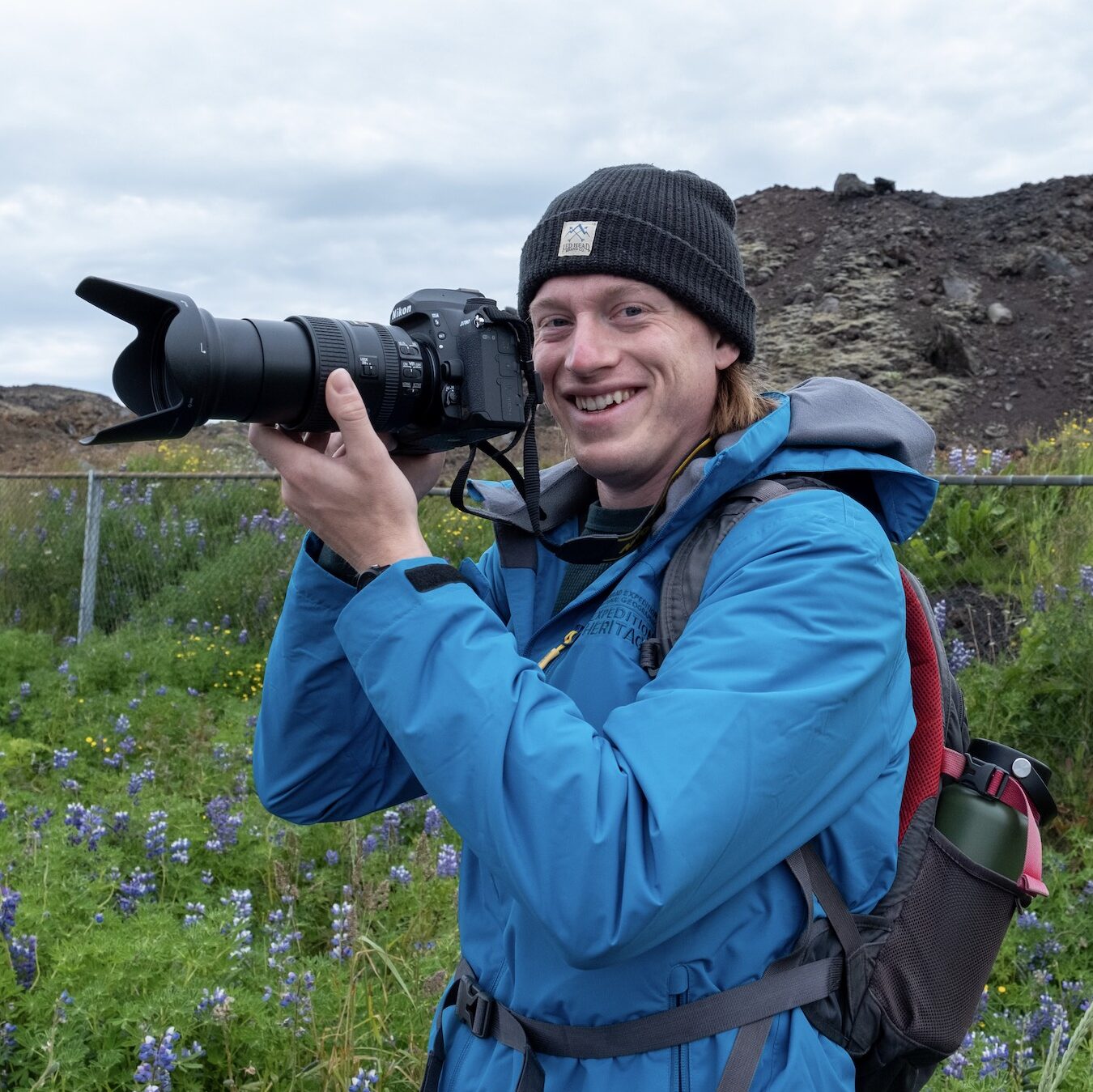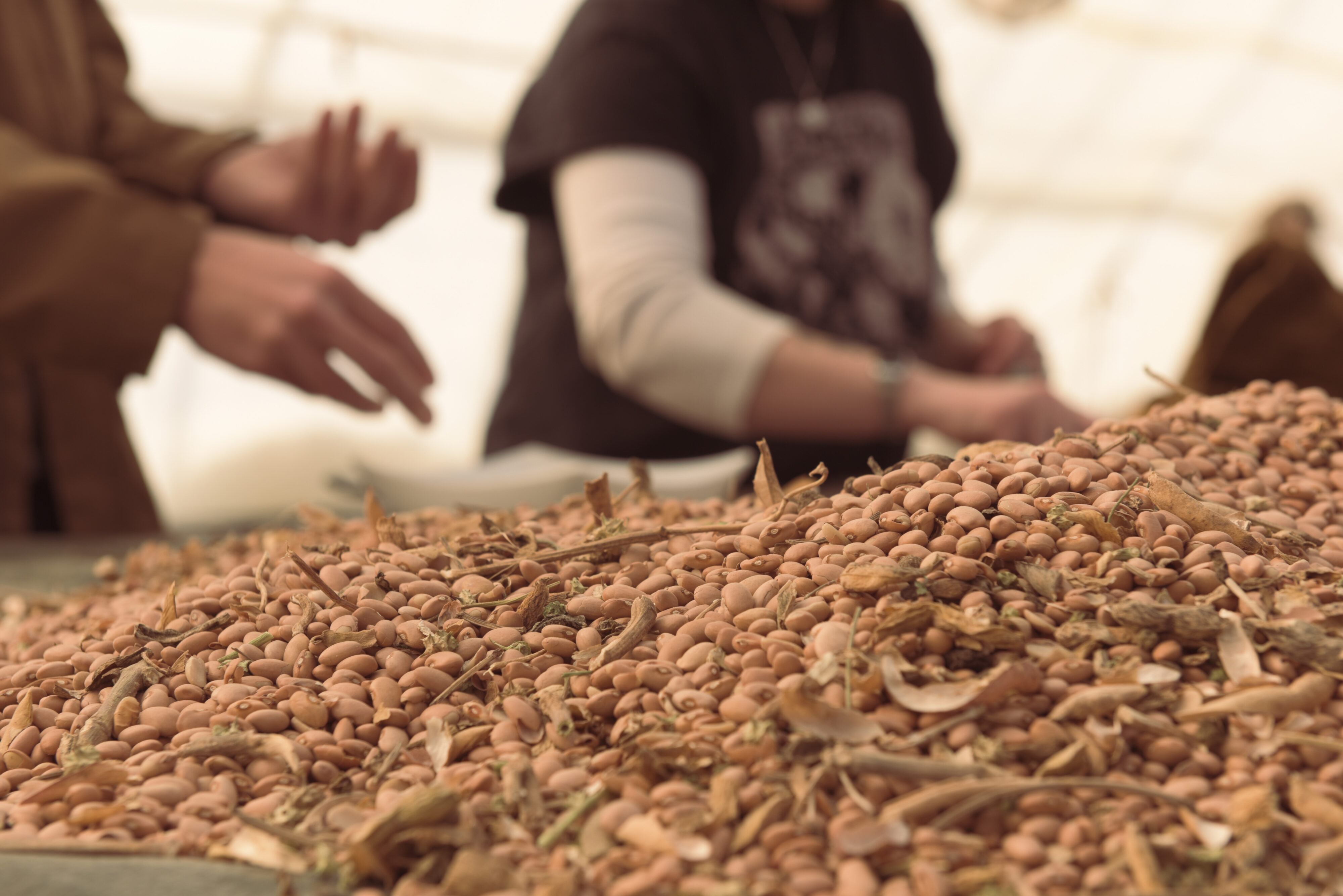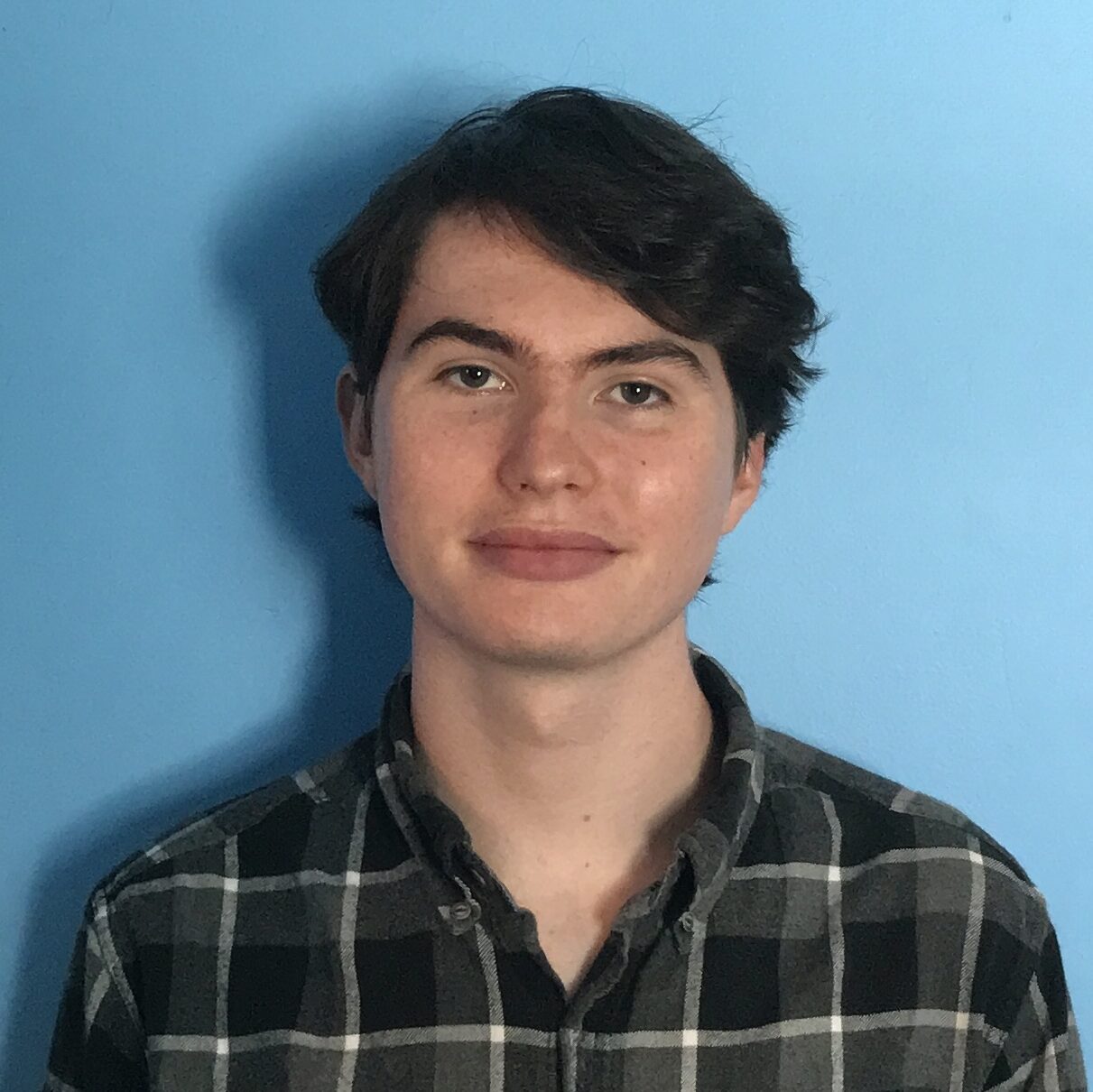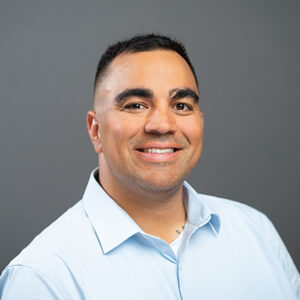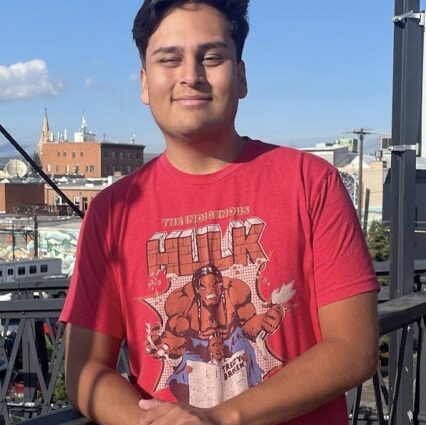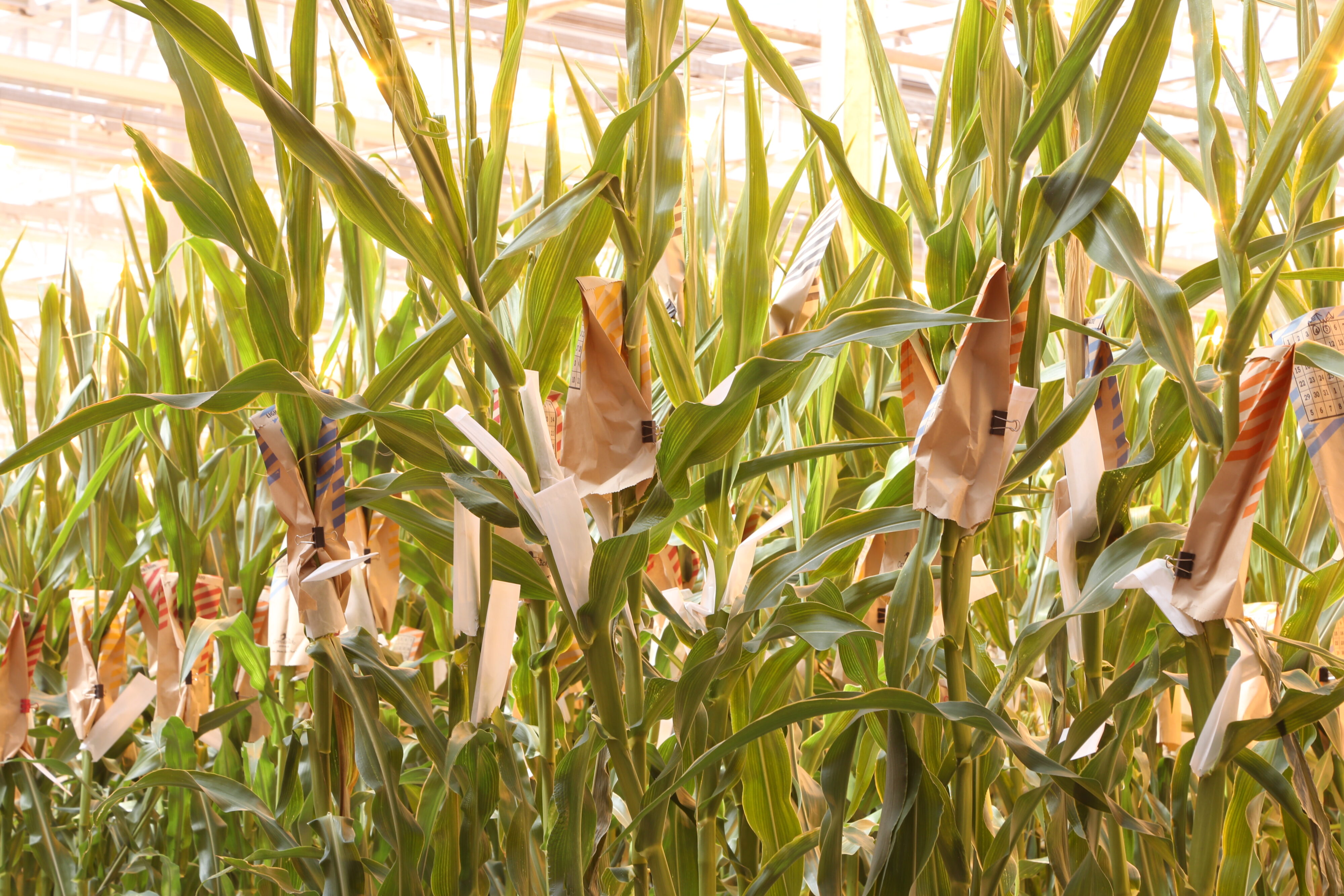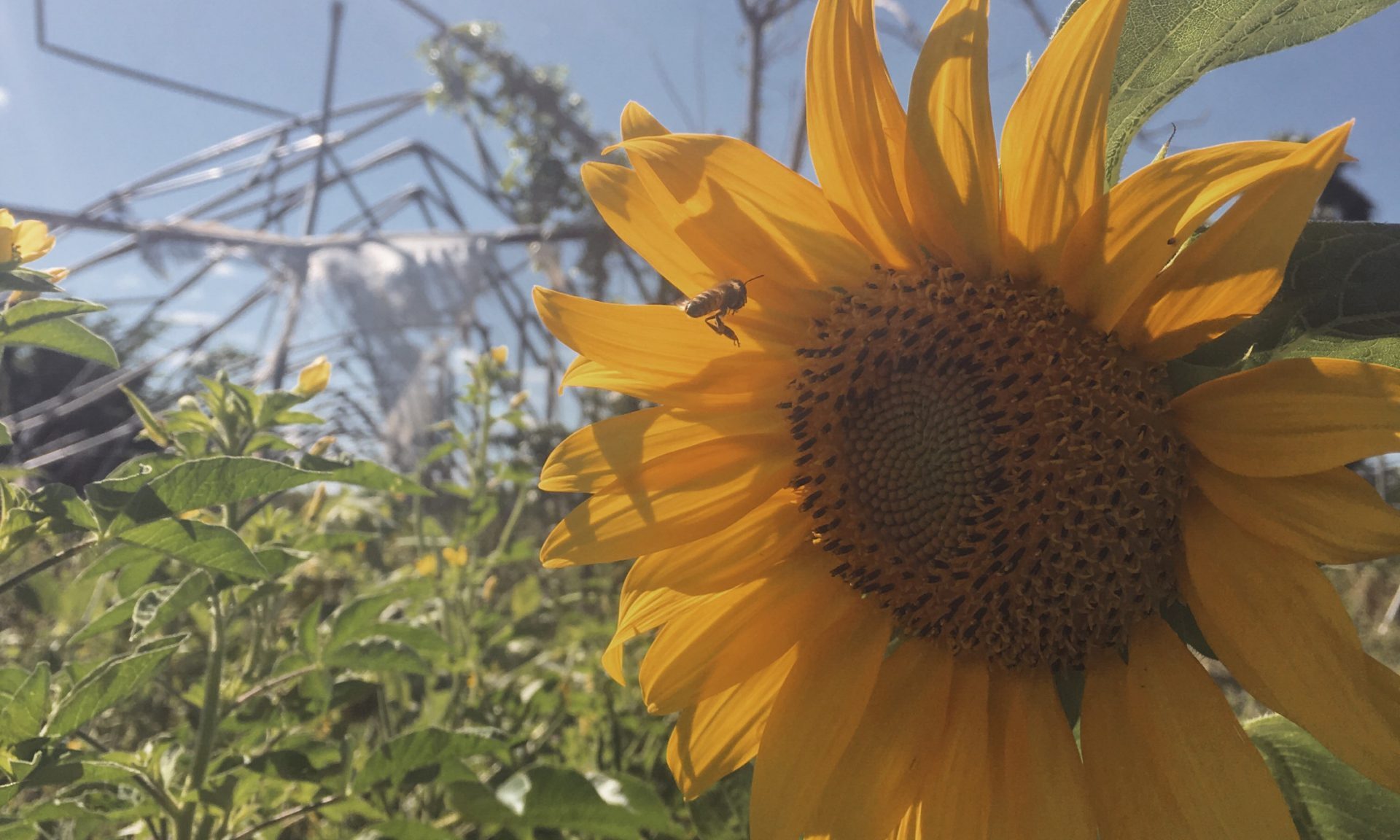
Soil toxicity in Vieques, Puerto Rico

Throughout history, military colonialism is something that affects many different places across the globe. Vieques, Puerto Rico, is a prime example of the societal and environmental degradation that can result from the presence of a military force. In this case, the U.S. Navy occupied parts of the small island of Vieques for over 60 years. Their presence on the island was unwarranted by the local people and finally came to a halt after numerous protests. But, peace did not come when the bombing finally ceased. Over the past two decades, parts of the island of Vieques remain filled with live ammunition and bombs due to a poor and ‘complex’ clean-up by the U.S. government. In addition, due to high cancer rates, many of the local people believe that the soil has been effected by toxins such as lead, uranium, and mercury. Unfortunately, the reports contradict. The report that was released by agencies from the US government claim different results from reports of scientists from Puerto Rico. This is a problem for local farmers that are doing everything in their power to gain food sovereignty on the island. The narrative poem I have created, elaborates the concerns and worries of the local people in light of contradicting reports and negative health effects. This is an injustice on levels of environmental health, food security, and land use, to name a few.
Hence the ‘to be continued’ aspect of the poem, in attempts to propose a solution for the story, SUNY-ESF has plans to gather soil samples from Vieques which will then be tested in the soils lab on the Syracuse campus. This is in order to provide a greater sense of clarity along with hope for the island of Vieques.
Please take a listen below:


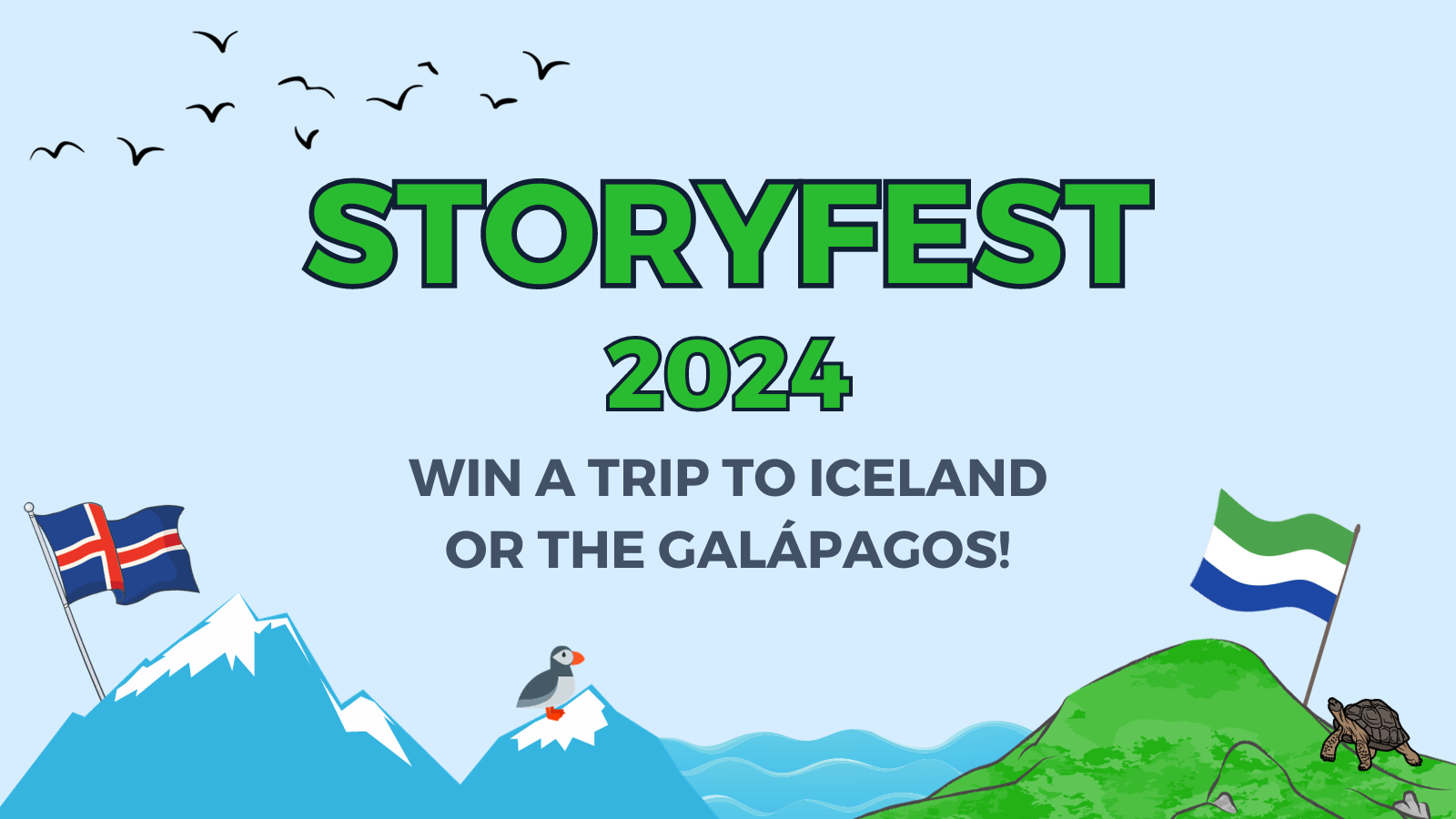
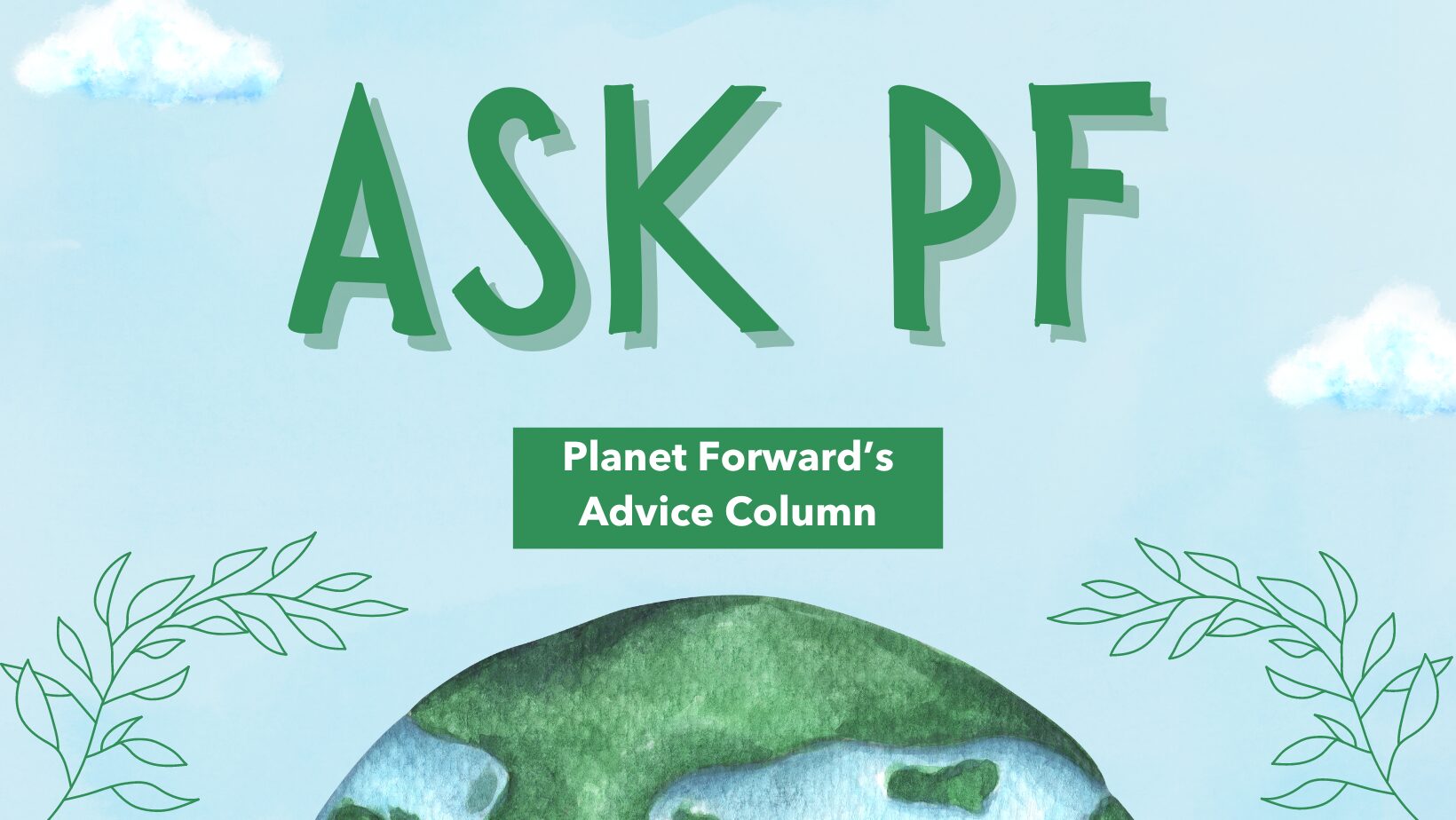
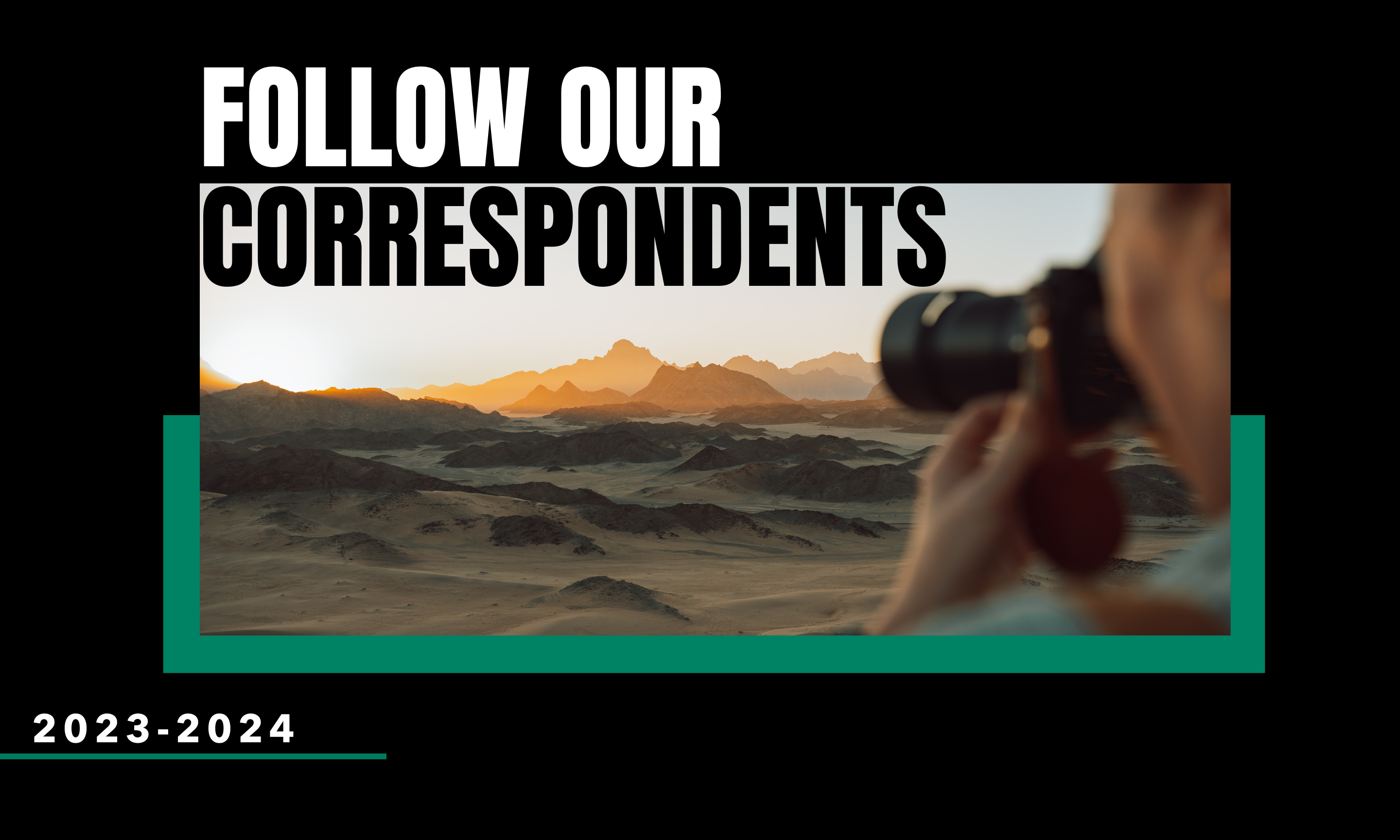

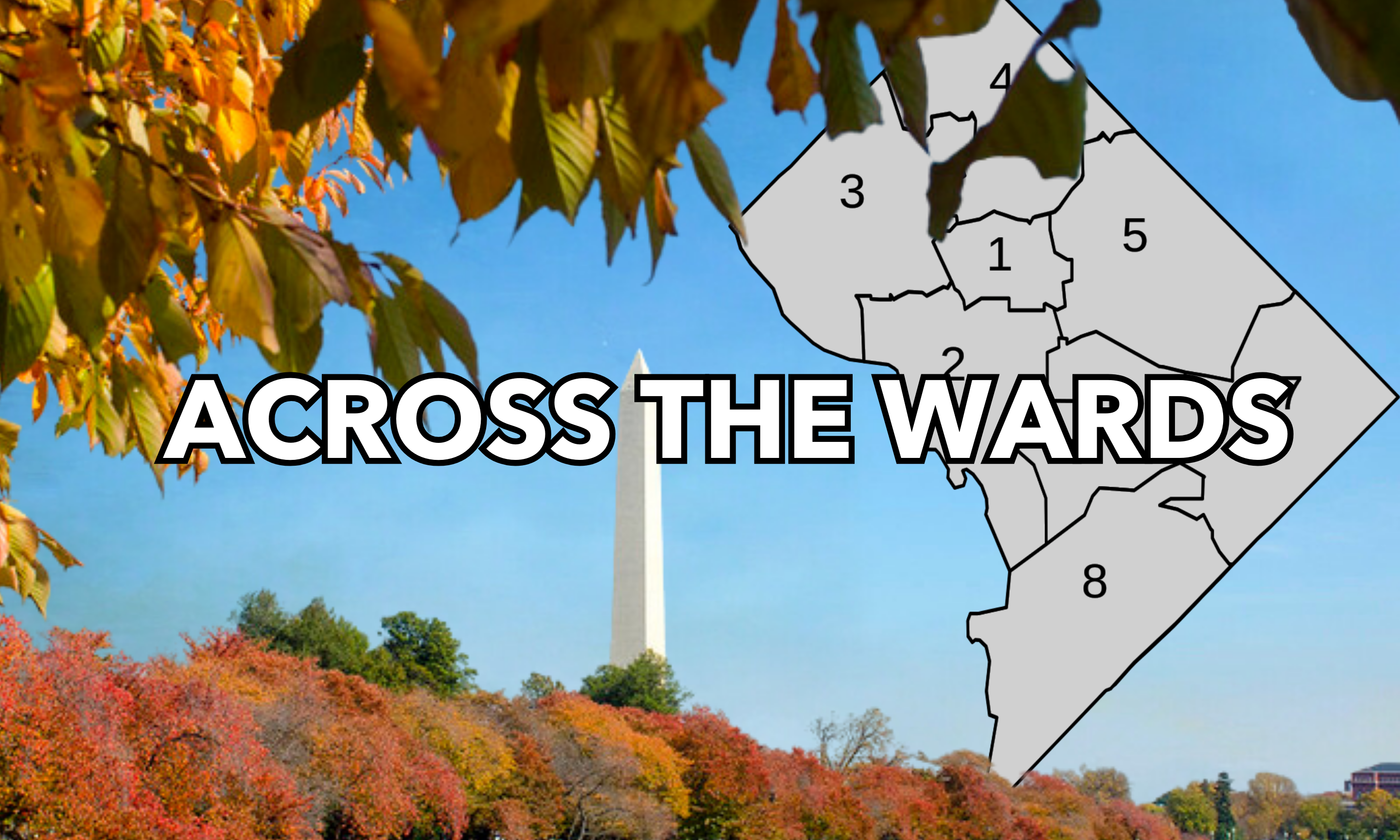
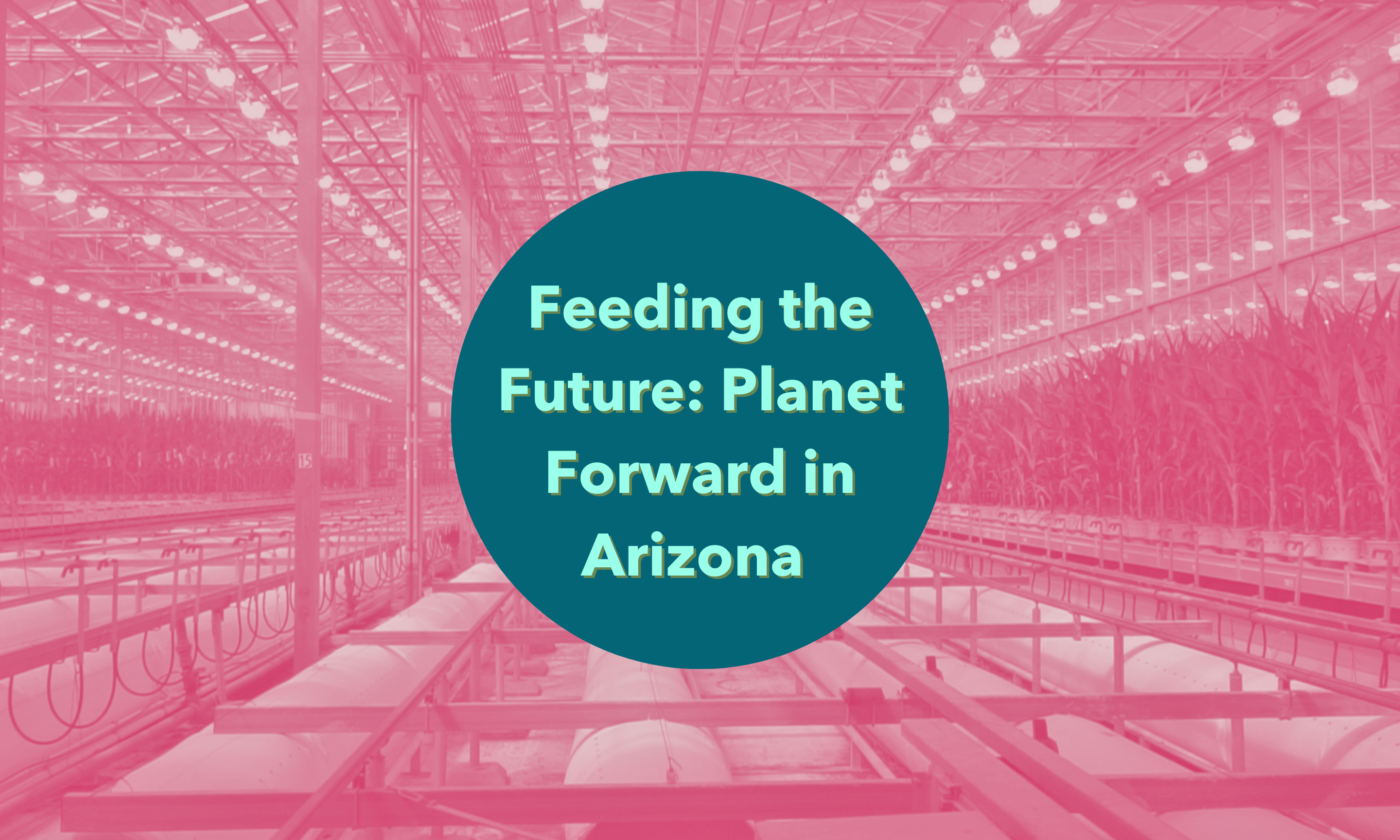
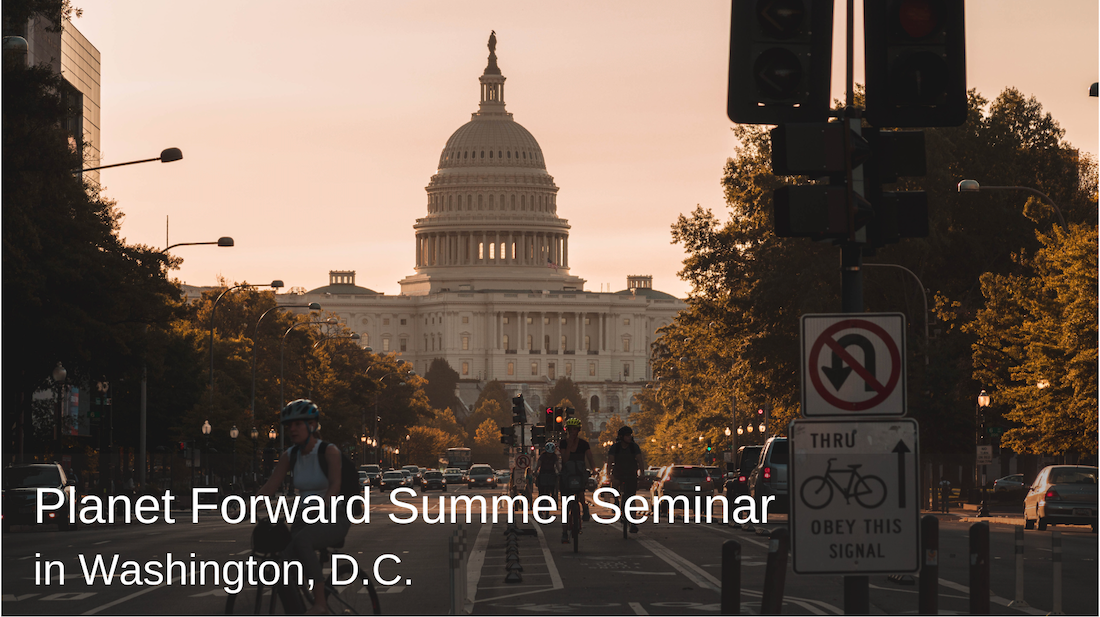
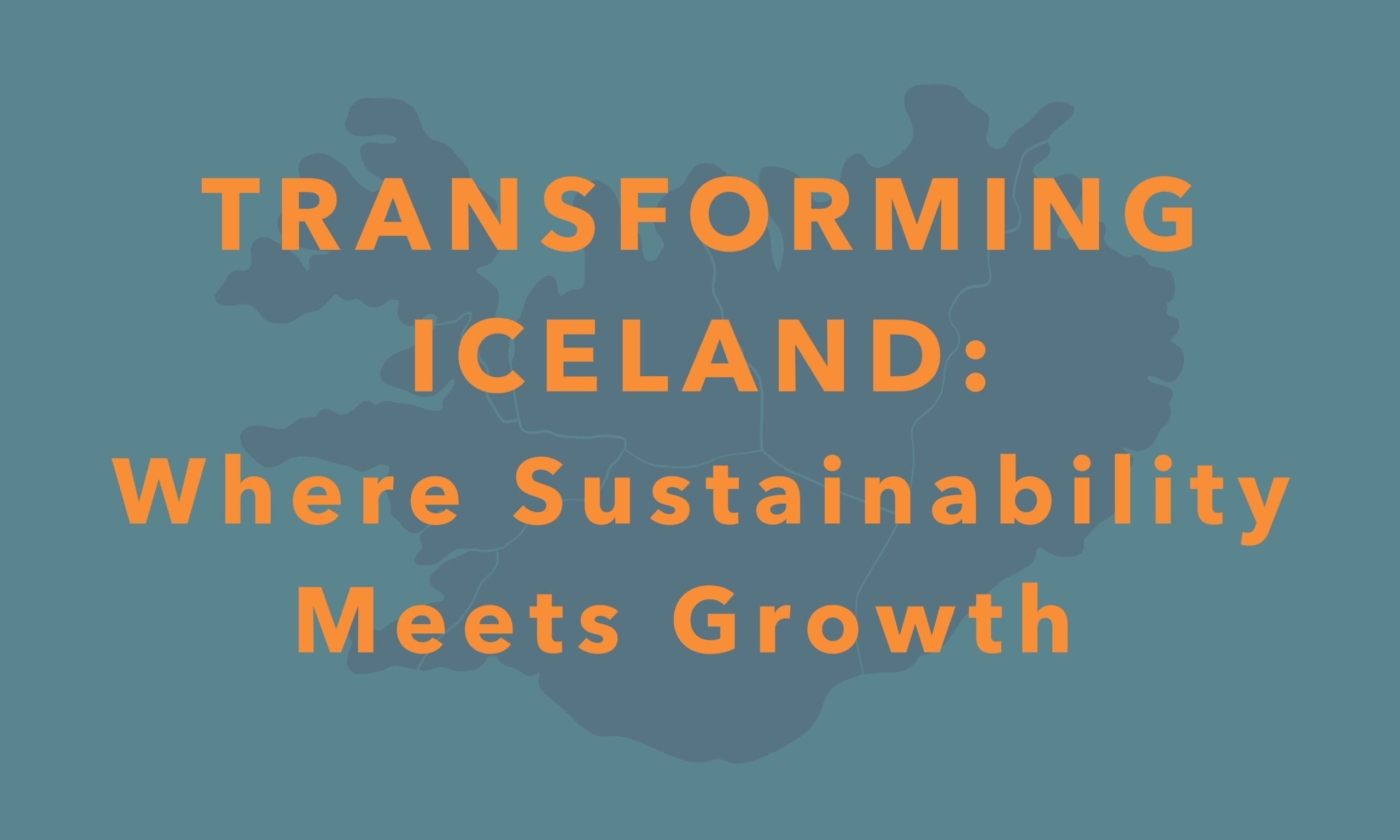




.jpeg)
